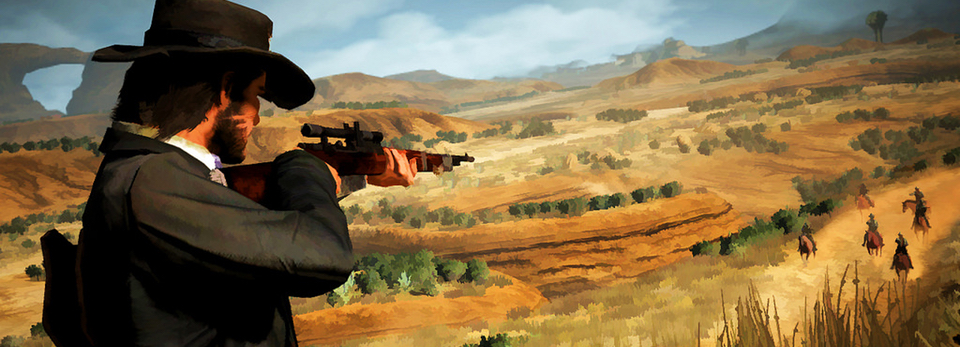Post-Enlightenment Western society relies upon narratives of progress and civilization to cultivate hope that humanity has risen above its primitive foundations (Bayer 346). In his third novel, Cloud Atlas (2004), David Mitchell rejects such a “deterministic view of History as progress” (Machinal 135) as “reconfigurations of the same patterns” are seen across six unrelated narratives in six different settings and time periods (Kucala 109). Prior literature on this text has focused on the novel’s structure as being either a palindrome or matryoshka doll model, or alternatively, as an application of Nietzschean theories of eternal recurrence. This paper, however, explores how Nietzschean or opaque similarity, (as discussed by Kucala, and J.H. Miller, where the contrast between two formulations generates similarity) enables a matryoshka doll structure to better represent the cyclical model of time supported by principles of eternal recurrence, referring to the idea that all events repeat over time. Through the aforementioned palindrome structure, mise en abyme embedded narratives, narrative metalepsis, and remediation, Mitchell depicts how narratives of greed and oppression recur organically across time and space. Such audacious postmodern structural choices encourage the novel’s reflexivity as a metafiction, as a self-awareness of its own fictionality and textuality highlights rather than obscures the stories and individual lives within.
View More “Sunt lacrimae rerum”: A structural analysis of Cloud AtlasTag: narratology
What Game Worlds Can Teach Us About Literary Worlds
From the space of books to space in books While the debate rumbles on between those who contend that games tell stories in ways unique to the medium (ludologists), and those who argue that games resemble literary narratives (narratologists), literary scholars have sought to ask reciprocally what games can tell us about conventional modes of storytelling in print.
View More What Game Worlds Can Teach Us About Literary WorldsSocial Media Memory
As an academic field, ‘memory studies’ has been around for almost a century – Maurice Halbwachs first coined the term ‘collective memory’ in 1925 – but it was in the late…
View More Social Media Memory


